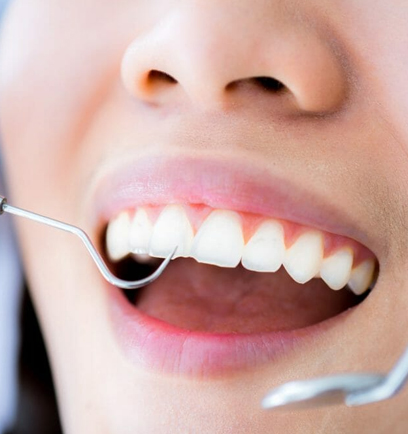
Our wellness company is known for its outstanding and brilliant services, and we genuinely work to be simply spectacular. We go above and beyond everyone's expectations when it comes to teeth scaling to make sure you receive the best care and acquire a healthy, beautiful smile.
Our team of qualified professionals is equipped with the most up-to-date techniques and premium equipment to provide you with a gentle and successful tooth scaling experience. Since dental procedures might be intimidating, we put a strong emphasis on your comfort and foster a calm environment during your appointment. Say goodbye to stains, plaque, and tartar and hello to a fresh, restored smile.
We work hard to provide comprehensive care that meets all of your dental needs because we are aware of the intimate relationship between your oral health and your general health. Our highly organized and knowledgeable staff will walk you through the connection, taking care of any possible demands you might have and making sure you feel confident and informed.
Take advantage of our excellent tooth scaling treatments by scheduling a consultation with Dubai Wellness. We are here to provide you with customized care while paying close attention to your intriguing needs. Try not to agree to anything less than the best for the health of your teeth. To get the smile of your dreams, get in touch with Dubai Wellness right away.

